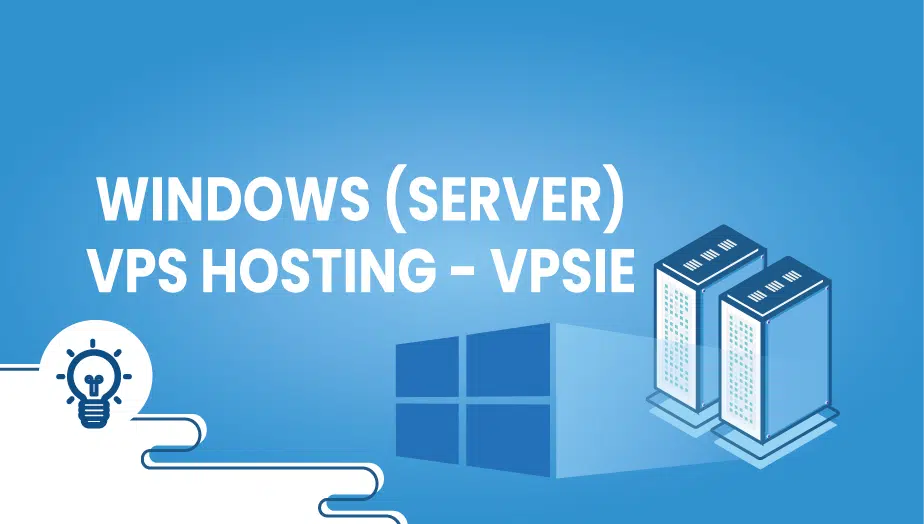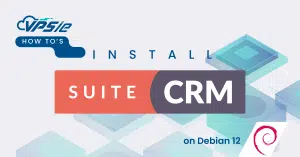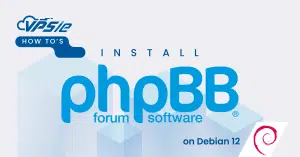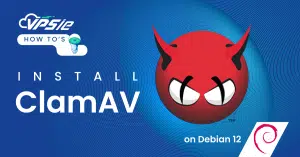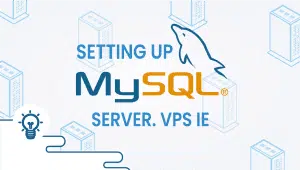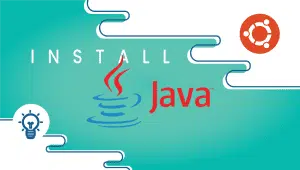Windows (Server) VPS hosting – VPSie: Everything You Need to Know
If you’re looking for a reliable, cost-effective hosting solution for your website or application, Windows (Server) VPS hosting – VPSie might be the answer. In this article, we’ll look at Windows VPS hosting, how it compares to other hosting systems, its use cases, features, advantages, disadvantages, alternatives, and more.
What is Windows (Server) VPS hosting?
Windows (Server) VPS hosting is a type of hosting where multiple virtual servers are created on a single physical server. Each virtual server acts as a separate instance with its operating system, resources, and applications. This gives users greater flexibility, control, and customization options than traditional shared hosting.
VPSie provides Windows (Server) VPS hosting solutions, offering users various plans and options. With VPSie, users can easily create, manage, and scale their virtual servers while enjoying fast and reliable performance.
VPSie is Linux and Windows VPS hosting provider. Our range of services spans from bare VPS hosting to virtual cloud solutions.
History of Windows Operating System
Windows is one of the most popular operating systems in the world, with a history spanning over three decades. The first version, Windows 1.0, was released in 1985 and introduced many graphical user interfaces (GUI) elements that would become standard in later versions. Windows 95, released in 1995, introduced the iconic Start menu, Internet Explorer, and Plug and Play hardware support. Windows XP, released in 2001, was one of the most popular versions and introduced a new visual style and support for wireless networking. More recent versions include Windows 7, Windows 8, and Windows 10. Today, Windows is used by billions of people worldwide and is a critical component of modern computing.
Features Windows VPS that Vpsie provide
Windows (Server) VPS hosting solutions like VPSie offer a wide range of features, including:
- Operating system options: VPSie offers Windows Server 2019, 2016, and 2012 R2, as well as several Linux distributions, giving users the flexibility to choose the operating system that best meets their needs.
- Customization options: With VPSie, users can customize their virtual servers with any software or applications they need, giving them complete control over their hosting environment.
- Scalability: VPSie’s plans offer flexible resource allocation, allowing users to scale their resources up or down as needed quickly.
- 24/7 support: VPSie provides round-the-clock support via email, phone, or chat, ensuring users can receive assistance whenever needed.
Use cases Windows VPS On vpsie.
Windows VPS hosting is a versatile hosting solution that can be used for a variety of purposes, including:
- Web hosting: Windows VPS hosting can host websites, blogs, and e-commerce stores, providing users a fast and reliable platform to showcase their content or sell their products.
- Application hosting: Windows VPS hosting can also host applications and software, providing users a dedicated environment to run their programs and services.
- Development and testing: Windows VPS hosting is an excellent choice for developers and testers who need a secure and customizable environment to develop and test their applications.
Operating system virtualization
Operating system virtualization is a set of technologies that allows the creation of one or multiple virtual machines that act as real computers, servers, or network devices on the same physical hardware. Server operating system virtualization creates Virtual Private Servers (VPS), the core object in cloud solutions today.
While VPS are virtual machines running on virtualized hardware, another critical component manages virtual machines, the virtual hardware, virtual Input/Output systems, and all other virtualized resources: the hypervisor.
A hypervisor is software that runs on the Bare Metal Machine and uses physical resources as underlying objects for virtualized resources, creating and managing virtual machines. The computer hardware (server) on which hypervisors run is called the host, while the virtual machines (VPS) are called guests. A hypervisor can be hardware (implemented in hardware chip) or software hypervisor.
The market is dominated by software hypervisors which are type 1 – Native or Bare Metal Hypervisors and type 2 – hosted hypervisors.
Native or Bare Metal Hypervisors directly control the hardware, and guest operating systems (VPS) run as processes inside the hypervisors. Examples are XenServer, Vmware ESX/ESXi, and Hyper-V.
They hosted hypervisors run as user applications installed on the operating system supporting them. They run as processes inside the operating systems, and they do not manage the physical hardware directly but the drivers of the operating system hosting these hypervisors.
A few examples of hosted hypervisors are Vmware Fusion, Vmware Workstation, Oracle VirtualBox, Parallels Desktop, Linux KVM, and FreeBSD bhyve – the last two can also be classified as bare metal hypervisors as they run as kernel modules of the operating system that runs on basic metal hardware.
Windows virtual private systems (VPS)
The First Windows release that was large-scale virtualized was Windows XP, followed by Windows Vista, Windows Server, and Windows 7.
Both native and hosted hypervisors support Windows as a virtual private server (VPS). Almost all cases, a suite of utilities must be installed on the Windows VPS to enhance its performance as a guest operating system.
Windows VPS hosting – requirements
As a Windows VPS hosting provider, we require that genuine Windows software is installed in each VPS, so licenses are not provided with the hosting service.
VPSie Windows VPS Pricing plan
Versions of guest Windows OS hosting that VPSie offers are Windows Server 2012 R2 VPS and Windows Server 2008 VPS. Both require a minimum disk of 20GB (starting at 20$ – See Packages.
While we are committed to delivering the best Windows VPS experience, we understand that every business is unique, and so must be every solution. If you require a custom Windows VPS system based on a version of Microsoft Windows that is not in our portfolio, please don’t hesitate to write or open a live chat session. See our contact page for more details on how to reach us:
Advantages Using Vpsie Windows VPS
There are several advantages to using Windows (Server) VPS hosting solutions like VPSie, including:
- Customizability: Windows VPS hosting gives users complete control over their virtual servers, allowing them to customize their hosting environment to meet their needs.
- Reliability: Windows VPS hosting ensures that users are guaranteed a certain amount of resources, ensuring consistent and reliable performance.
- Security: With Windows VPS hosting, users have a dedicated environment for their hosting, which can be more secure than shared hosting.
- Cost-effectiveness: While Windows VPS hosting may be more expensive than shared hosting, it can still be a cost-effective solution for small businesses and individuals who need more resources and control than shared hosting can provide.
Disadvantages Windows VPS
There are also some disadvantages to consider when using Windows (Server) VPS hosting solutions like VPSie, including:
- Technical knowledge: Windows VPS hosting requires specific technical knowledge and expertise, particularly when managing and configuring virtual servers.
- Cost: Windows VPS hosting can be more expensive than shared hosting or other hosting solutions, which may only be viable for some users.
Alternatives Windows VPS
If Windows (Server) VPS hosting isn’t the right solution for your needs, there are several alternatives to consider, including:
- Shared hosting: Shared hosting is a more cost-effective solution that shares resources among multiple websites or applications.
- Dedicated hosting: Dedicated hosting provides users with a dedicated physical server, giving them complete control over their hosting environment.
- Cloud hosting: Cloud hosting is a scalable solution that allows users to allocate resources as needed and pay only for what they use.
Conclusion
Windows (Server) VPS hosting: VPSie is a flexible and customizable hosting solution that gives users complete control over their hosting environment. While some users may have better solutions, it can be a cost-effective and reliable option for small businesses and individuals who need more resources and control than shared hosting can provide. With its features, scalability, and 24/7 support, VPSie is an excellent choice for those looking for a Windows VPS hosting solution.
Windows (Server) VPS hosting is a type of hosting that utilizes operating system virtualization to provide users with their own virtual private servers running Windows operating systems.
Windows (Server) VPS hosting uses a hypervisor or virtual machine manager (VMM) to create virtual machines (VMs) that can each run their own instance of an operating system, such as Windows Server.
VPSie’s Windows VPS hosting includes features such as SSD storage, 1Gbps network connection, and remote desktop access.
Some advantages of using VPSie for Windows VPS hosting include easy setup, flexibility, and the ability to choose from a variety of pricing plans.
Some alternatives to Windows (Server) VPS hosting include shared hosting, dedicated hosting, and cloud hosting.

